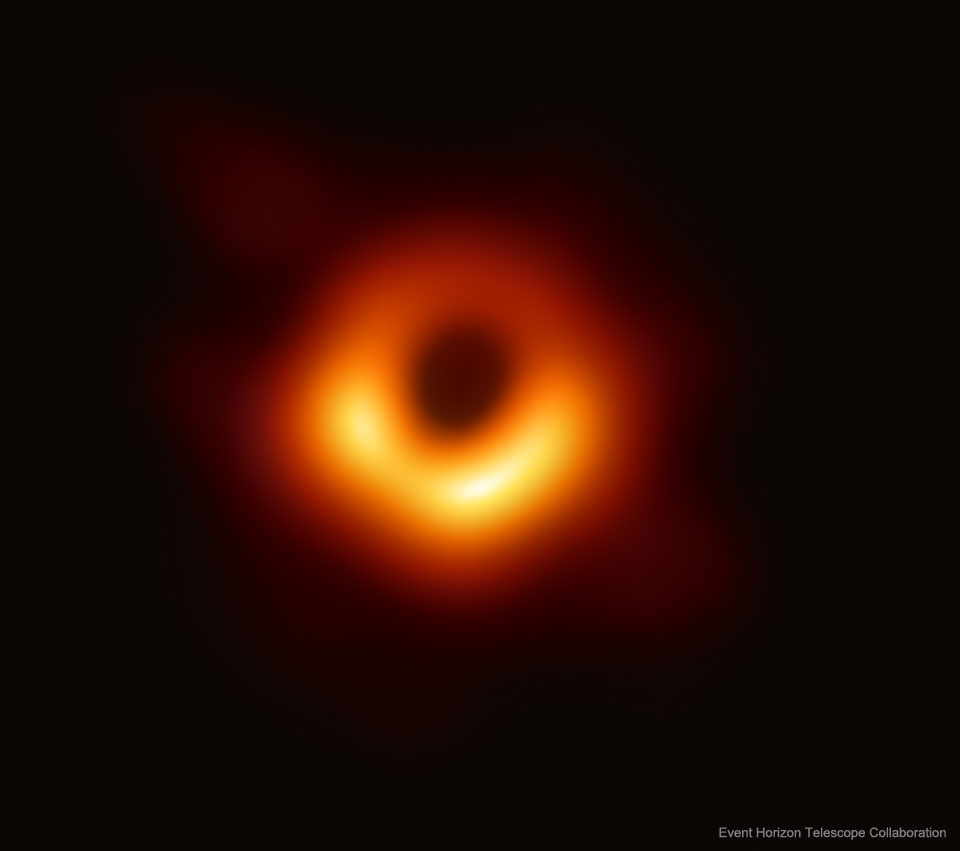2019 was a crazy year for science, the semiconductor market, and for me personally. From the first imaging of a black hole to the squabbles between Huawei and the U.S., this year was certainly a fun wild roller coaster ride (with the ride swooshing on to the next decade!). I did not have time to provide personal opinions and insights on most past significant events, so I hope to do so in this year-end article.
The Advent of Quantum Computers
Early January this year, IBM showcased the world's first integrated quantum computer at CES. It's a 20-qubit computer around 9x9x9 ft. in size.
Quantum computers, aside from sounding like a really cool dream-come-true science fiction fantasy gadget, are calculating machines capable of executing instructions a "double exponential" times faster than traditional vector supercomputers. To give you an idea of how fast that is, imagine being a sleek shiny supercomputer sitting in a data center cabinet (10 cabinets wide maybe?). You're performing weather simulations for the NWS (National Weather Service, don't mind right now how this public institution can afford it when all it's data comes at no cost at all) plotting the expected weather pattern over a 10 square mile area in 24 hrs.
Here is where we drive into a pickle, Google - IBM's "quantum" rival (I should really keep puns at a minimum), would make claims that it has built quantum computers far exceeding performance of modern day supercomputers. But IBM, when presented with what Google published in "Nature", disputed the data saying Google is doing a trump impression. So who is to believe?
Personally, I do think Google has indeed exceeded the threshold, but with a major undisclosed drawback (it's that gut-feeling you have that there's a catch). I'm not a computer science expert, but it's just... with all the pressure from IBM as a rival this year, anyone would be compelled to leak his/her ground-breaking work even if it's still half-baked. Of course, this is all just theory and speculation and I may unfortunately be ignorant of the latest fab. tech. being used by Google's 54 qubit processor (note: that's 54 qubits vs. IBM's 20 qubit commercial supercomputer) so who really knows? No matter, all doubts will fade away once Google publishes their next series of quantum achievements and milestones, which makes 2020 all the more exciting!
Black Hole Imaged for the First Time
At the center of galaxy M87, a supermassive black hole was imaged through a telescope the size of the Earth.
If I were to repeat the sentence above to a reputable audience decades ago, you bet I'd be getting more laughs than I am hopefully getting now. The concept of imaging an interstellar body with an instrument the size of the entire planet, let alone that body being a whooping black hole, would've sounded totally outrageous! Black holes are a consequence of Einstein's relativity, a division by zero (or singularity) that seems incomprehensible to the imagination. How can such an entity be photographed?
Caption: Black Hole courtesy of NASA (Astronomy Picture of the Day)
Being a dabbler in astrophysics, I cannot provide any further meaningful comments on the subject matter, but can only express amazement and pleasure of having seen the radio image of an actual black hole. Kudos to all the astronomers involved in this fantastic initiative!
Semiconductor Markets Fall Due to Oversupply of DRAM and NAND Memory Components
In 2018, some smart alecks thought it was a brilliant idea to stock on memory components, maybe out of fear of supply shortage or in response to projected forecasts in market demand. In an upsetting turn of events, DRAM and NAND parts were overproduced yielding a sharp downturn in the semiconductor market by the first quarter of 2019 as pricing of DRAMs and NANDs fell. Incomes dropped and panic ensued - almost (if not all) companies employed defensive measures (such as budget cuts and cost-cutting) to shield them from any abrasive effects the economic catastrophe may bring.
A New Hope and The Rise of 5G
Similar to the titles of the Star Wars saga, a new hope is found in the rise of 5G communications. It is expected to recover IC sales this 2020, since 5G-enabled smartphones are tied to semiconductor devices (duh - smartphones operate through ICs). With this promising comeback in mind, we can look forward to a recovery in the semiconductor markets - unless another smart aleck decides to oversupply again.

:format(webp)/cdn.vox-cdn.com/uploads/chorus_image/image/62805283/46602874791_c009b3def8_o.0.jpg)

0 Comments